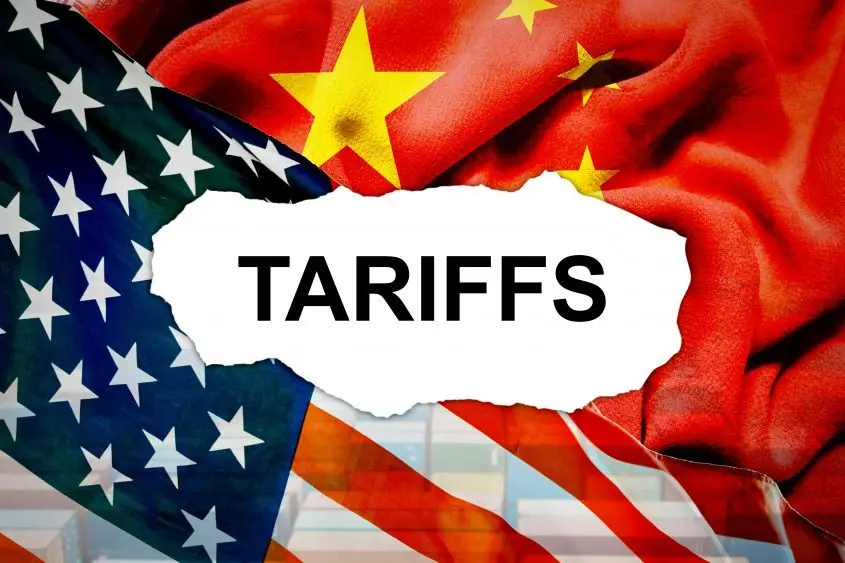Analysts predict the U.S. Midwest’s food exports will play a big part in any deal between the U.S. and China. Political and business leaders from around the Midwest recently met with senior Chinese trade negotiator Li Chengang to discuss commercial ties between the two countries. Those ties featured in talks on Monday, but few details were released. China is the world’s biggest buyer of soybeans.
However, the country hasn’t bought any soybeans from the U.S., most of which come from the Midwest. U.S. News says analysts expect President Donald Trump to want China to commit to buying more agricultural goods, among other items, to end the current tariff war. David Purdue, the U.S. Ambassador to China, recently told reporters that he thought negotiations over China buying more Boeing aircraft had entered their last days or weeks. Soybean futures recently hit five-year lows after no progress was reported on agricultural commodities.
Ag-state senators have asked to meet with President Trump on China’s trade retaliation against U.S. soybeans—a ‘hardball’ play that could put some U.S. producers out of business. Iowa’s Chuck Grassley says he and other GOP senators held a private meeting last week on China’s effective embargo of U.S. soybeans
Your browser doesn’t support HTML5 audio
But unlike the eighties, Grassley recounted, something had to be done before 20-thousand farmers went out of business and others committed suicide. So, a decision was made…
Your browser doesn’t support HTML5 audio
Especially after soybeans didn’t come up in talks with China in Spain and here, and Trump said in August that he hoped China would quadruple its soybean orders in talks with the U.S.
Meantime, Grassley says Secretary Rollins is including record-high cattle feeder profits and farm disaster payments in claiming farm income isn’t so bad…
Your browser doesn’t support HTML5 audio
Grassley says he spoke with Rollins last week about “bridge money” to help farmers hold on ‘til higher reference prices kick in next year. That help could come from tariffs or the Commodity Credit Corporation.
